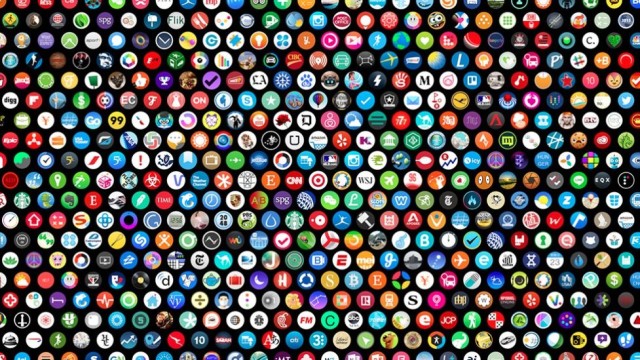Invisible ads could be crippling your smartphone
“What you don’t know won’t hurt you” is a common phrase that unfortunately does not apply to the apps on your phone. It turns out that thousands of apps on Android and iOS secretly have ads in them that you can’t see, and they very well might be what’s causing a number of problems that plague smartphones today.
You’re probably aware that advertisements have been slowing down computers and devices since their birth on the Internet, but what are you supposed to do about completely invisible ads that affect your device’s performance? A recent 10-day study by Forensiq found that more than 5,000 apps on both major smartphone platforms have these hidden ads.
Some of these apps request new ads at a constant rate. Behind the scenes, this activity is sucking up your mobile data and draining your smartphone battery. It’s also scamming advertisers: They’re losing a whopping $895 million per year to ads they pay to reach an audience.
That useful app you use that seems to crash all the time may not have a bug problem after all — it could have an ad problem. Forensiq didn’t name any of the apps using invisible ads, but negative reviews about constant crashing and freezing for various apps are pretty telling. Games like Vampire Doctor and Celebrity Baby on Android have code in them that calls out for invisible advertisements steadily during usage, according to Forensiq. And sure enough, reviews of the games complain about performance problems.
One might ask if apps, particularly on iOS, must go through a strict approval process, why doesn’t Apple catch the fraud and ban them from getting in the App Store? Well Bloomberg reports that it’s more difficult than that. In fact, the invisible ads were discovered by monitoring activity and bandwidth usage, which Apple and Google may not do when reviewing app submissions.
So what can you do to avoid suspicious apps with hidden ads? Quite simply, be on the lookout for apps with slow performance or high crash rates. Of course, those problems don’t always mean invisible ads are running in the background, but you probably don’t want to use slow or buggy apps frequently anyway.
So far Apple and Google have yet to comment on the matter, nor have any of the developers and companies accused of advertising fraud. The good news is that more than 5,000 guilty apps is still a very small fraction of the total number of apps you can download. The bad news is that’s 5,000 more than should be participating in fraud.



